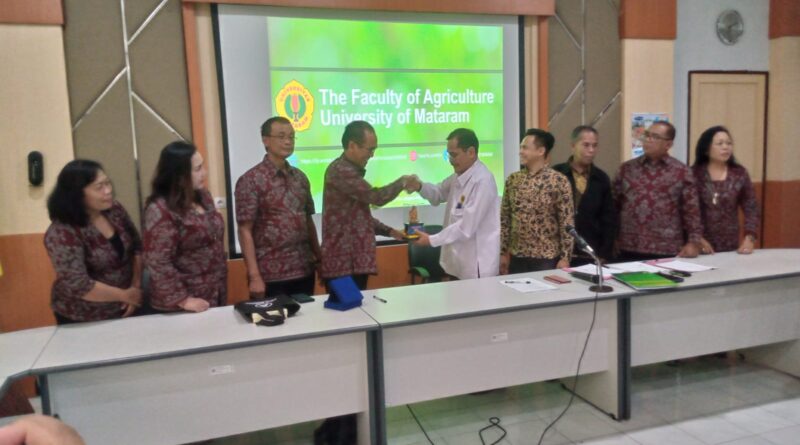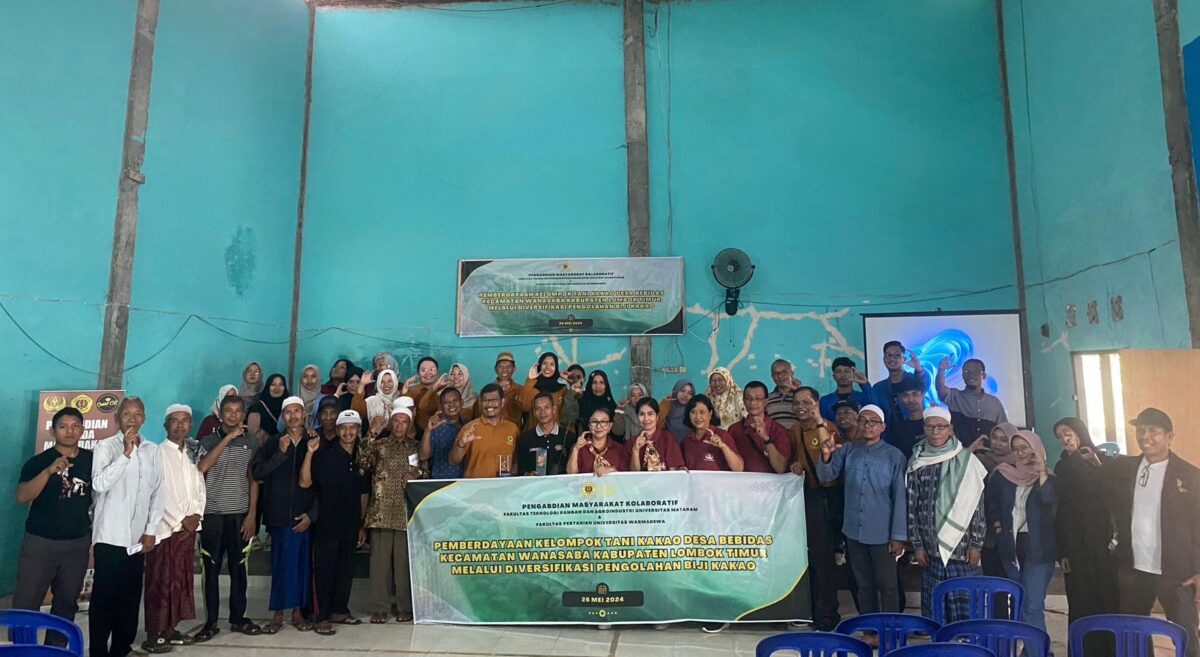
Coffee has grown more popular in recent years, with some considering it even more vital than water. It has replaced tea or milk as a favorite breakfast drink as more people realize how fresh and awake they are after downing their daily shot of espresso. The secret lies within the many nutrients that a cup of coffee possesses. Research has also stated that one cup of coffee has 100 mg of caffeine, which positively affects the human body. However, the Food and Drug Administration (FDA) recommends not to drink more than two cups of coffee every day as the maximum human tolerance for caffeine intake is 200 mg per day. Coffee also contains bioactive compounds that act as antioxidants to help reduce cell damage due to oxidation. Furthermore, coffee has twice the phenolic compounds of green and black tea, making it a more potent antioxidant. The bioactive compounds in coffee also include organic acid, chlorogenic acid, and another antioxidant known as flavonoid. In addition, coffee has many precursor compounds such as peptide, sugar reduction[1] , amino acids, trigonelline, diterpene and lipids that dictate the flavor and aroma of coffee. The content and composition of the precursor and bioactive compounds are influenced by variety, environment, agriculture management, soil, postharvest and processing methods.
The processing method is the stage that heavily affects the aroma and flavor of coffee products. Meanwhile, fermentation determines the formation of precursor and bioactive compounds. Green beans, for example, retain a more robust aroma and taste due to the increase of both compounds. Each coffee bean has its distinctive, natural aroma. But it is faint and amplifies during the roasting stage. The roasting technique affects the quality, aroma and flavor of the coffee product. Increased time and temperature will reduce the quality and the volatile compounds that contribute to the aroma and flavor of the coffee. Therefore, the more a coffee contains volatile and non-volatile compounds, the more consumers favor it for its rich aroma and flavor.
Author: Dr. Ir. I Gede Pasek Mangku, MP Lecturer in Food Science Technology Department Faculty of Agriculture Warmadewa University
This article was published in thejakartapost.com with the title “Coffee quality: it’s all in the flavor and aroma”. Click to read: https://www.thejakartapost.com/adv/2022/03/08/coffee-quality-its-all-in-the-flavor-and-aroma.html.








 Users Today : 1
Users Today : 1 Total Users : 9668
Total Users : 9668 Views Today : 1
Views Today : 1 Total views : 23941
Total views : 23941
0 Komentar